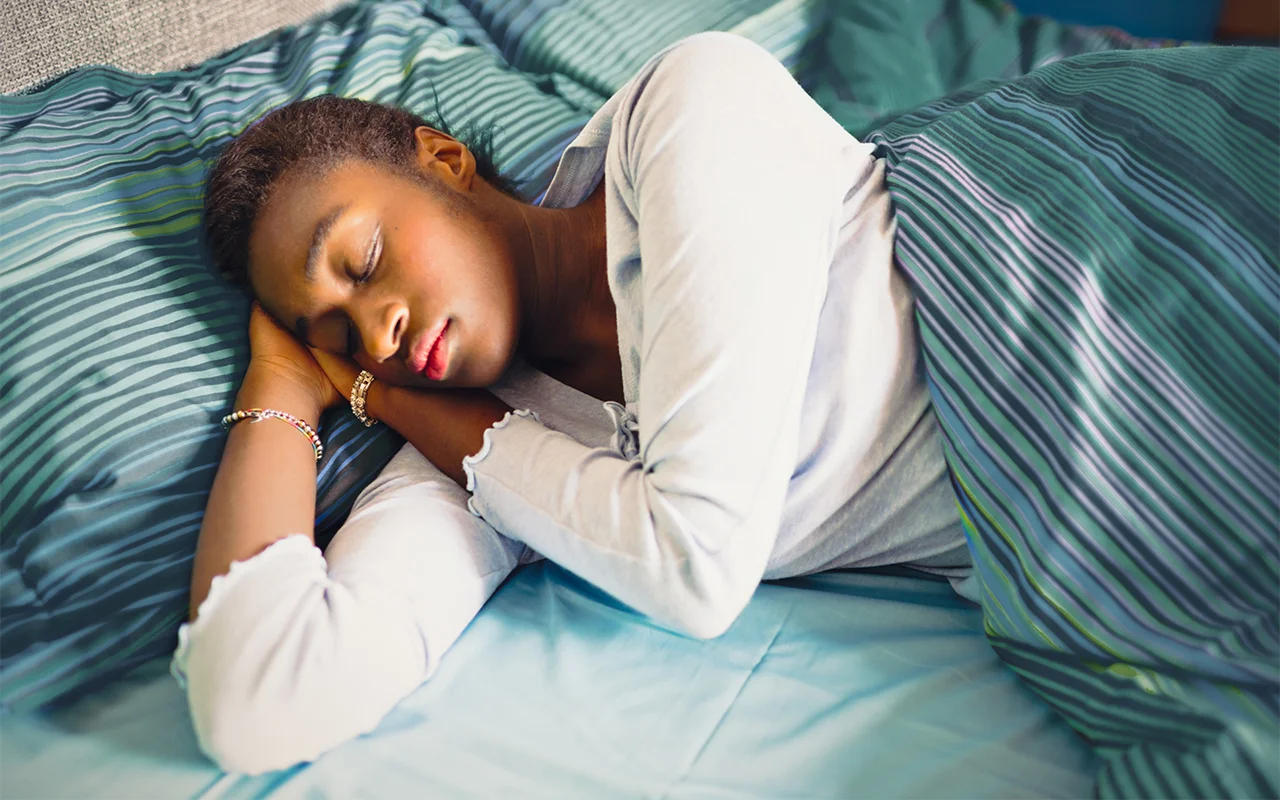Enhancing Sleep Quality: Effective Sleep Hygiene Practices
Achieving restful and rejuvenating sleep is essential for overall health and well-being. Yet, in today’s busy world, many individuals struggle with sleep disturbances and insomnia. Fortunately, practicing good sleep hygiene can significantly improve sleep quality and promote optimal restfulness. Let’s explore some effective sleep hygiene practices that can help you achieve a more restorative night’s sleep.
1. Establish a Consistent Sleep Schedule
Maintaining a consistent sleep schedule is fundamental for regulating your body’s internal clock and promoting healthy sleep patterns. Aim to go to bed and wake up at the same time every day, even on weekends, to synchronize your circadian rhythms and enhance sleep quality.
2. Create a Relaxing Bedtime Routine
Engage in calming activities before bedtime to signal to your body that it’s time to wind down and prepare for sleep. Consider activities such as reading a book, taking a warm bath, practicing gentle yoga or meditation, or listening to soothing music to relax your mind and body before bed.
3. Optimize Your Sleep Environment
Create a sleep-conducive environment that promotes relaxation and comfort. Keep your bedroom cool, quiet, and dark, and invest in a comfortable mattress and pillows that provide adequate support. Minimize noise and light disturbances by using blackout curtains, earplugs, or a white noise machine, if necessary.
4. Limit Exposure to Screens Before Bed
The blue light emitted by electronic devices such as smartphones, tablets, and computers can disrupt your body’s natural sleep-wake cycle and inhibit the production of melatonin, a hormone that regulates sleep. Avoid using screens at least an hour before bedtime, and consider using blue light filters or night mode settings on your devices to minimize exposure to stimulating light.
5. Watch Your Caffeine and Alcohol Intake
Limit consumption of caffeine and alcohol, especially in the hours leading up to bedtime. Caffeine is a stimulant that can interfere with sleep, so avoid consuming caffeinated beverages like coffee, tea, and soda in the afternoon and evening. While alcohol may initially make you feel drowsy, it can disrupt sleep patterns and lead to fragmented sleep later in the night.
6. Exercise Regularly, But Not Too Close to Bedtime
Engaging in regular physical activity can promote better sleep quality by reducing stress and anxiety and promoting feelings of relaxation. However, avoid vigorous exercise too close to bedtime, as it can have a stimulating effect on your body and make it more difficult to fall asleep.
7. Manage Stress and Anxiety
Stress and anxiety can significantly impact sleep quality and make it challenging to unwind and relax before bed. Practice stress management techniques such as deep breathing exercises, progressive muscle relaxation, or mindfulness meditation to calm your mind and alleviate tension before bedtime.
8. Limit Naps During the Day
While short naps can be beneficial for boosting alertness and productivity, excessive or lengthy naps during the day can interfere with your ability to fall asleep and stay asleep at night. If you need to nap, aim for short power naps lasting 20-30 minutes to avoid disrupting your sleep-wake cycle.
9. Reserve Your Bed for Sleep and Intimacy Only
Train your brain to associate your bed with sleep and intimacy by avoiding activities like working, watching TV, or using electronic devices in bed. Reserve your bed for sleep and intimate moments with your partner to strengthen the association between your bed and restful sleep.
10. Seek Professional Help if Needed
If you continue to experience persistent sleep difficulties despite practicing good sleep hygiene, consider seeking guidance from a healthcare professional or sleep specialist. They can help identify underlying sleep disorders or medical conditions contributing to your sleep problems and recommend appropriate treatment options.
By incorporating these sleep hygiene practices into your daily routine, you can create an optimal sleep environment and establish healthy habits that promote restful and rejuvenating sleep. Prioritize your sleep health, and reap the benefits of improved energy, mood, and overall well-being.







